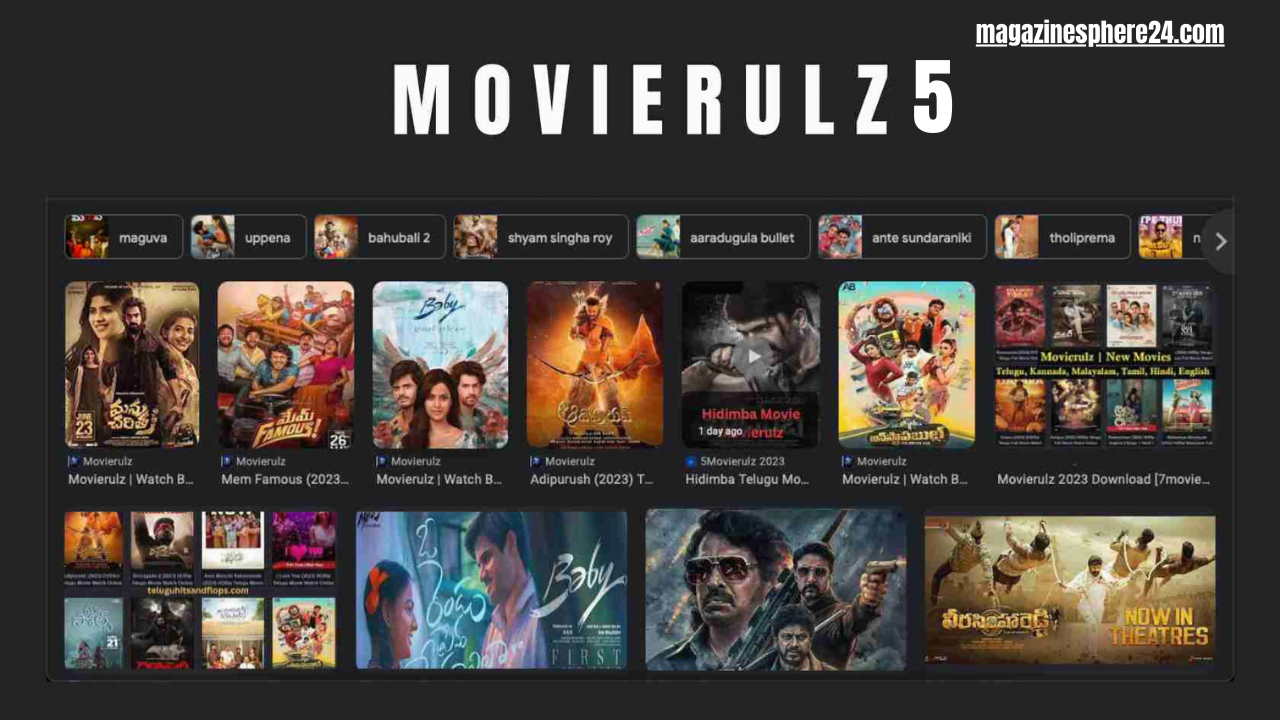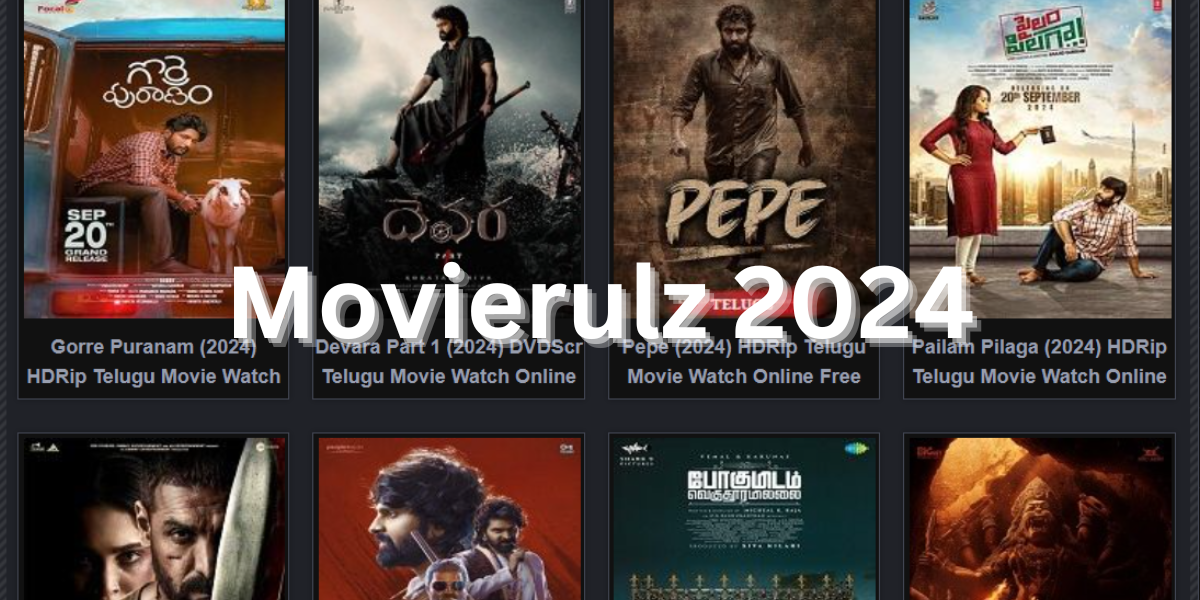Could the relentless pursuit of information, the very essence of the digital age, be paradoxically hindering our ability to find it? The frustrating echo of "We did not find results for:" is becoming a familiar refrain, a digital ghost whispering of unfulfilled searches and a growing chasm between our queries and the answers we crave. This persistent emptiness, this lack of immediate gratification, is not just a minor inconvenience; it is a symptom of a deeper malaise, a reflection of the complexities inherent in navigating the vast ocean of online data. It forces us to confront the uncomfortable reality that the readily available information we seek is often elusive, hidden beneath layers of noise, misinformation, and the inherent limitations of search algorithms.
The digital landscape has promised unprecedented access to knowledge. Yet, time and again, the screen displays the dreaded phrase, a stark declaration of failure. It's a harsh reminder that the tools we rely on, the very technologies designed to connect us to the world's information, are not always up to the task. This recurring message casts a shadow of doubt on the effectiveness of our search strategies, our spelling accuracy, and, perhaps most unsettlingly, on the ability of these digital systems to truly comprehend the nuances of human inquiry. The problem isn't always with the searcher; the issue stems from the chaotic nature of the information itself. Understanding this problem will help us navigate the information overload we are experiencing.
| Category | Details |
|---|---|
| Search Term Frustration | The core issue revolves around the persistent failure to find results when querying search engines. This leads to user frustration and a decrease in the perceived reliability of the search tools. The phrase "We did not find results for:" exemplifies this problem. |
| Spelling and Query Accuracy | The recurring suggestion to "Check spelling or type a new query" highlights the dependence on precise spelling and accurately formulated search terms. Even slight errors can derail a search, further contributing to the failure to find pertinent information. |
| Information Overload | The sheer volume of information available online poses a significant challenge. Search algorithms often struggle to sift through the vast amount of data to deliver the most relevant results. This overload makes it harder to find the information one seeks. |
| Algorithm Limitations | Search algorithms are not perfect. They have inherent limitations in understanding the context, nuances, and intent behind human queries. This can lead to inaccurate or incomplete search results. |
| Misinformation and Noise | The proliferation of misinformation and irrelevant content online creates a 'noise' that complicates information retrieval. Filtering out this noise is crucial for effective searches, but it is also a challenge for the algorithms to achieve. |
| User Experience Impact | The negative search results greatly impact the user experience. It can lead to distrust in online resources and a waste of valuable time and efforts. It also makes users less likely to find the information they are actively looking for. |
| The Rise of Complex Queries | As users become more sophisticated, they are constructing more complex and nuanced queries. Search engines, while improving, are sometimes struggling to match these complex search requests with the appropriate information. |
| The Impact on Learning | When a user doesn't find the appropriate search information, they may not learn the things they would have if the search was successful. This is particularly damaging for education, and general information acquisition. |
| Data Organization | The way that information is organized online is also a key issue. If information is not structured well, or is behind paywalls, or is simply difficult for algorithms to access, then the user will often not find what they need. |
| Solutions and Strategies | To address these problems, users and search engines must take several factors into consideration. Checking spelling, using more precise search terms, and learning how to interpret the search results can help improve the overall user experience. |
It's a truth universally acknowledged, especially in the digital realm, that the quest for knowledge can be a frustrating endeavor. The digital landscape, once hailed as a liberator of information, is now often perceived as a labyrinth, a maze where the desired destination remains perpetually out of reach. The constant barrage of data, the sheer volume of content, can be overwhelming. The signal-to-noise ratio is frequently unfavorable, and the task of separating the wheat from the chaff becomes increasingly demanding. This is the essence of the issue we are currently addressing. Our focus is on the challenges inherent in finding reliable information online.
- Patrick Duffy Linda Purls Romance Inside Their Love Story
- Movierulz 2025 Latest Movies Shows Watch Now
The phrase "We did not find results for:" is more than just an error message; it's a symbol of the limitations of our current search technologies. It's a symptom of the widening gap between our expectations and the reality of the information retrieval process. Algorithms, while continuously evolving, are still far from perfect. They struggle to understand the intricacies of human language, the subtleties of context, and the ever-changing landscape of the internet.
When a search yields no results, it triggers a chain of events. The user, initially optimistic, is now faced with disappointment. They begin to question their search terms, their spelling, and ultimately, their ability to navigate the digital world. This negative feedback loop can erode confidence, leading to a sense of helplessness and a decreased willingness to engage in online research. Its a vicious cycle, where the tools meant to empower us end up frustrating us.
Consider the impact of this constant failure on education. Students, increasingly reliant on online resources, may struggle to find the information they need for their studies. Teachers, faced with the challenge of guiding their students through the complexities of online research, must also contend with the limitations of the search engines themselves. This frustration extends beyond the classroom. Professionals in all fields depend on the ability to quickly and efficiently access information, and the inability to do so can have a significant impact on productivity, decision-making, and overall success.
- Stella Barey Age Biography Facts Unveiled
- Bolly4u Alternatives Bollywood Movie Updates What You Need To Know
The problem lies not only in the algorithms but also in the nature of the information itself. The internet is a chaotic place, filled with misinformation, outdated content, and a bewildering array of perspectives. The responsibility to evaluate the credibility of sources and to filter out bias falls heavily on the user. And even the most discerning user can be led astray by the sheer volume of information available. Understanding the pitfalls in searching, and the structure of online information, is paramount to finding what you need.
The call to "Check spelling or type a new query" is a polite acknowledgment of the challenges we face. Its a gentle nudge, reminding us that precision is paramount. Even a single misspelled word can derail a search, leading to a frustrating dead end. The user must understand the importance of accurate spelling, but also, the limitations of the machine in understanding the real question behind the spelling errors.
The challenge lies in the vastness of the internet. It's a landscape that's constantly changing, with new websites and content being added every second. Search engines must index this data and make it searchable, which is an incredibly complex task. The sheer scale of this undertaking contributes to the imperfections we see. The sheer amount of data, is the problem.
Moreover, the algorithms themselves are often proprietary, their inner workings hidden from the public. We rely on these black boxes to deliver information, but we often don't know how they function or how they prioritize certain results. This lack of transparency creates a sense of uncertainty and can make it difficult for users to understand why they are getting the results they are.
The user experience is also often overlooked. The design of search interfaces can contribute to the problem. Overly complex interfaces can overwhelm users, and poorly designed result pages can make it difficult to find what they are looking for. User experience is essential. When the experience is poor, the user will not be able to make the most of the search.
The rise of social media has further complicated matters. Information spreads rapidly on social media platforms, but often without the benefit of fact-checking or editorial oversight. This can lead to the spread of misinformation and make it even harder for users to find reliable sources. The spread of misinformation is extremely damaging to search outcomes.
The very nature of knowledge has changed. The internet has democratized information, but it has also fragmented it. Information is no longer neatly organized in libraries, but scattered across the web in a disorganized manner. This makes it more difficult to find the information you need. Search engines have been forced to try to adapt.
Then, there's the issue of context. Search engines often struggle to understand the nuances of human language, the subtleties of context, and the true intent behind a search query. This means that even if a user types the query accurately, the search engine may not be able to deliver the most relevant results. It must understand what you really want.
There's a constant cat-and-mouse game between search engines and those who attempt to manipulate the results. This "search engine optimization" can lead to the prioritization of low-quality or irrelevant content. The user must know what is legitimate, and what is not. The algorithms are challenged by these techniques.
The increasing sophistication of search queries. As users become more tech-savvy, they're crafting more complex and detailed searches. This puts greater demands on search engines. The machine must adapt and provide the user with the requested data. The data must be accurate.
Ultimately, the problem of getting "We did not find results for:" is multifaceted. Its a problem of algorithm limitations, of the nature of information, of user skill, and of the design of search tools. There is no quick fix. Rather, there are a series of steps we can take. Learning is key.
Users can improve their search skills, learn to be more precise with their queries, and learn how to evaluate the quality of information. Search engines can improve their algorithms, build in better context understanding, and prioritize high-quality content. Website owners can create more organized and well-structured websites that are easily accessible by search engines.
Ultimately, the solution lies in a multi-pronged approach, a collaborative effort between users, search engines, and website owners. Until then, the frustration of We did not find results for: is likely to remain a familiar and unwelcome experience in the digital age.
- Filmyfly What You Need To Know Before You Stream
- Celine Dions Naked Vogue Photo Stunning Unfiltered Look


